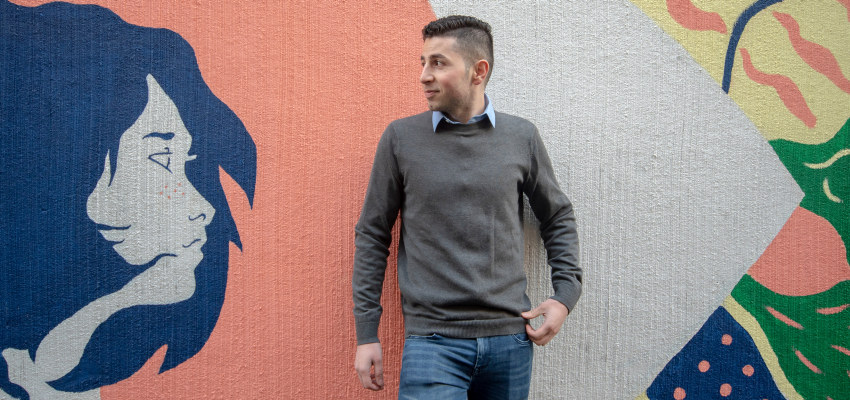Overall goal – Strategy 2018-2025 – Faculty of Social and Educational Sciences
Knowledge for a better society

Vision–Knowledge for a better society
The Faculty of Social and Educational Sciences has a special responsibility for contributing to democratic development and lifelong processes in learning, education and formative self-development.
Knowledge of societal conditions, humans, and how we learn enables us to influence the development of society. Democracy depends on an informed debate in which fundamental attitudes, perceptions of reality and world views are challenged and maintained.
NTNU’s vision is to contribute to realization of the UN’s Sustainable Development Goals. Our strength lies in a broad approach to the concept of sustainability, and understanding of the relationships between the individual, society, the environment and technology.
Knowledge developed in our academic environments should benefit the community and contribute to a better society nationally and globally.
In 2025, we have achieved our most ambitious goal, which is that all our departments have academic groups proven to be at a high international level in at least one of their core areas.
Creative
We will work creatively to develop new knowledge across subjects and professions in cooperation with relevant actors in society.
Critical
Our subject areas are to be independent voices that critically challenge established ideas about society and that reveal underlying power structures.
Constructive
We will play a constructive role by developing knowledge as a basis for sustainable societal development.
Respectful
We will act respectfully and cultivate a work and learning environment that is inclusive for everyone, and that creates a platform for exchange of opinions and personal growth.
Social mission
The Faculty of Social and Educational Sciences will be a key contributor to NTNU’s mission. Our research and education will provide inputs to public debate and societal development by identifying and defining key societal issues. Our academic communities will place the challenges of the future on the agenda. We will educate graduates who are capable of independent and critical thinking.
The social and educational sciences are essential to the identity and role of a multidisciplinary university. The academic foundation consists of robust and outstanding academic communities within both professional and discipline-based fields. The distinctive character and intrinsic value of the subjects is the basis for their development. Basic research will be an important element in the identity of these subjects.
Research-based and practice-oriented education combined with research developed in cooperation with key actors in society gives us an opportunity to set criteria for innovation in the public sector. The Faculty’s academic profile qualifies us especially well to develop synergies across disciplines. Teacher education, psychology and social work will be national hubs in professional disciplines.
Our disciplines develop insight and provide perspectives on the relationships between the individual, society, natural sciences and technology. We are therefore a key contributor to NTNU’s interdisciplinarity. Understanding the societal framework is fundamental for sustainable innovation and for realizing NTNU’s vision of knowledge for a better world.

